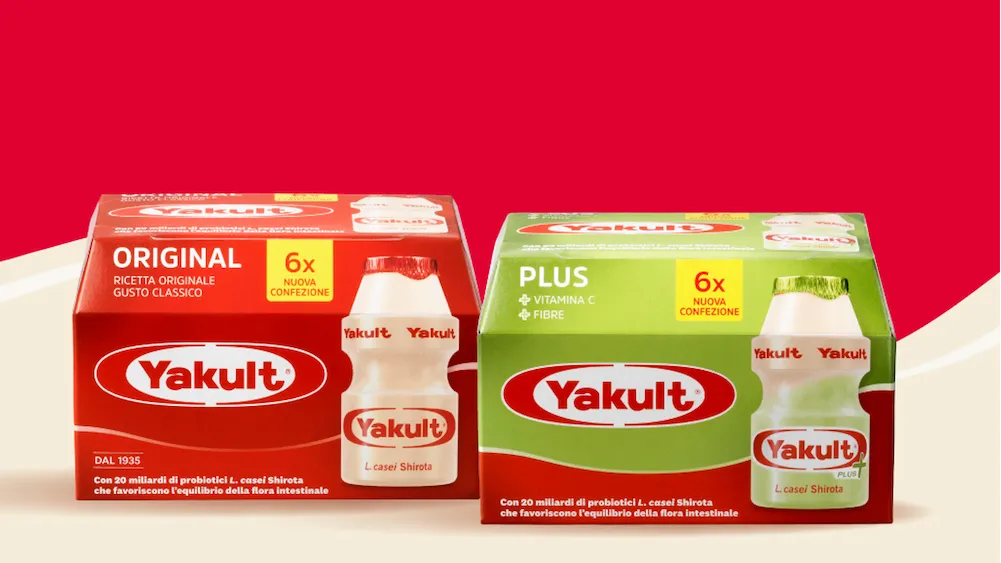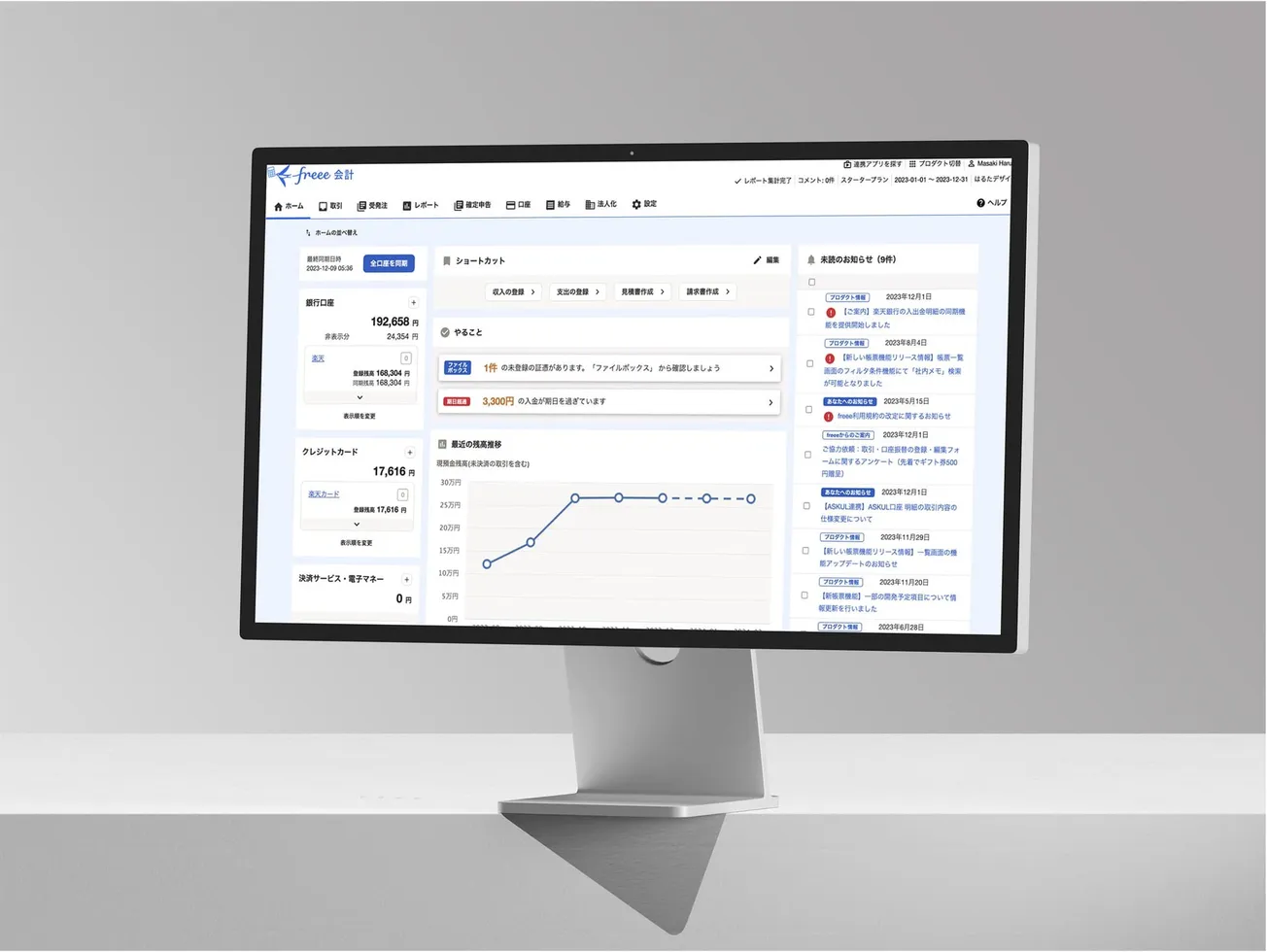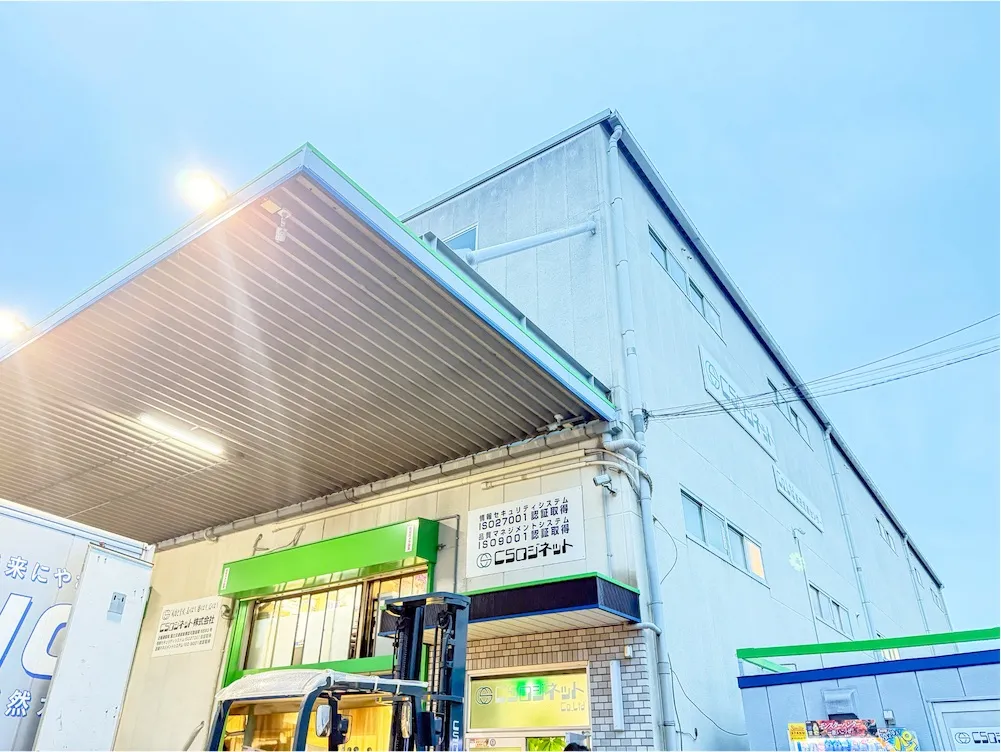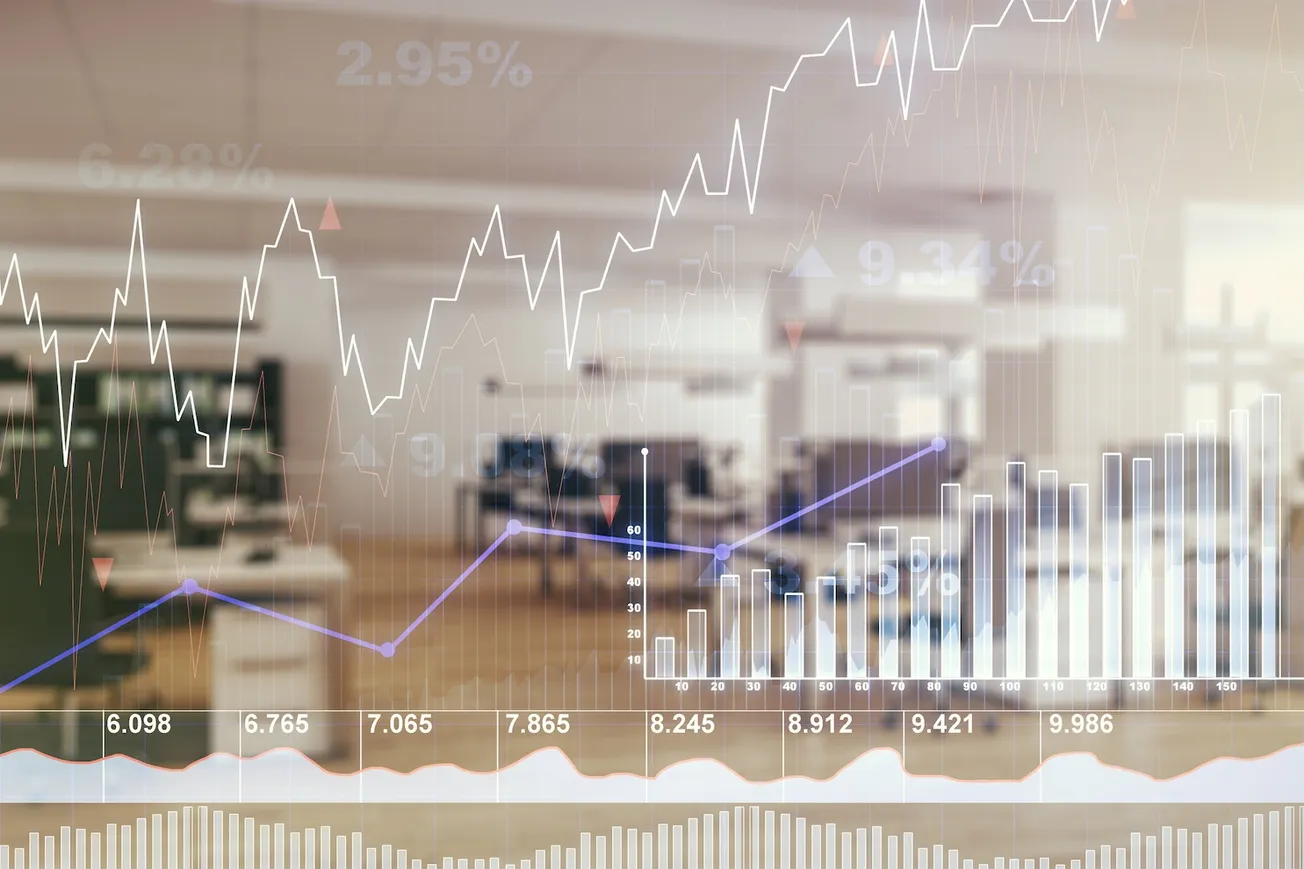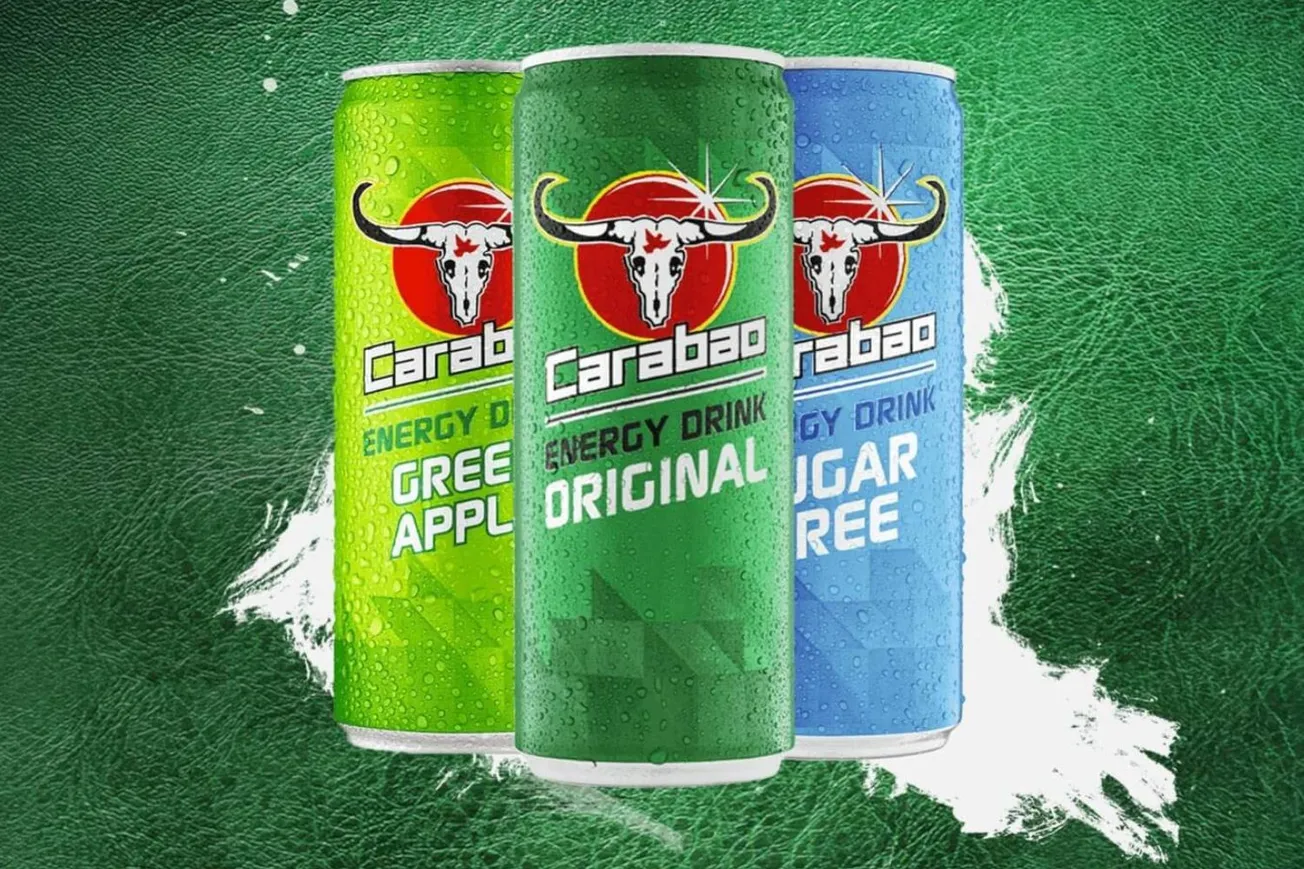Disclaimer: Asian Century Stocks uses information sources believed to be reliable, but their accuracy cannot be guaranteed. The information contained in this publication is not intended to constitute individual investment advice and is not designed to meet your personal financial situation. The opinions expressed in such publications are those of the publisher and are subject to change without notice. You are advised to discuss your investment options with your financial advisers, including whether any investment suits your specific needs. From time to time, I may have positions in the securities covered in the articles on this website. Full disclosure: I do not hold a position in Yakult Honsha at the time of publishing this article. To reiterate, this post and the below presentation are for informational and educational purposes only - not a recommendation to buy or sell shares.
Our friends at recently wrote about Japanese yogurt giant Yakult Honsha (2267 JP - US$6.1 billion). Their write-up was brilliant, so I wanted to dig into Yakult myself. And hopefully, add something to the discussion.
Yakult Honsha is a Japanese producer of probiotic yogurt drinks, which have become so iconic that the brand name has become synonymous with the product itself.
The drinks are typically sold in 65 milliliter bottles costing about US$0.3 each. Since Yakult drinks contain over 10 billion live bacteria of the proprietary lactobacillus casei “Shirota” strain, they’re marketed as health products that can help improve your gut.
I think the health benefits of Yakult drinks might be overstated. But then again, studies show that they can help alleviate constipation and improve stool consistency. So, if you’re experiencing gut issues or taking antibiotics, drinking Yakult will probably help.
The tiny bottles have become a major business for the company. They now sell over 40 million bottles per day across 38 countries. Yakult is especially popular among children who like the sweet taste of the product. It helps that Yakult doesn’t contain much lactose, so even lactose-intolerant individuals can consume it.
Other than its strong brand, Yakult also owns intellectual property. From my understanding, other companies are unable to use the same lactobacillus casei Shirota strain in their products. That’s helpful because this particular strain of bacteria can survive in the acidic environment of the stomach and reach the intestines, where it can help restore balance in the gut microbiome.
The company is also special in that it uses a group of contractors called “Yakult Ladies,” who sell the product home-to-home in return for a 25% commission. These ladies are typically housewives who want extra work during idle hours. Visiting customers is also a social activity, helping customers and the ladies alike. Since the Yakult Ladies are not company employees, Yakult can benefit from their hard work without taking much risk.
I think Yakult's long-term outlook is excellent. The use of antibiotics continues to rise, especially in emerging markets. This trend is likely to lead to more gut problems, and probiotic drinks will help alleviate such issues.

